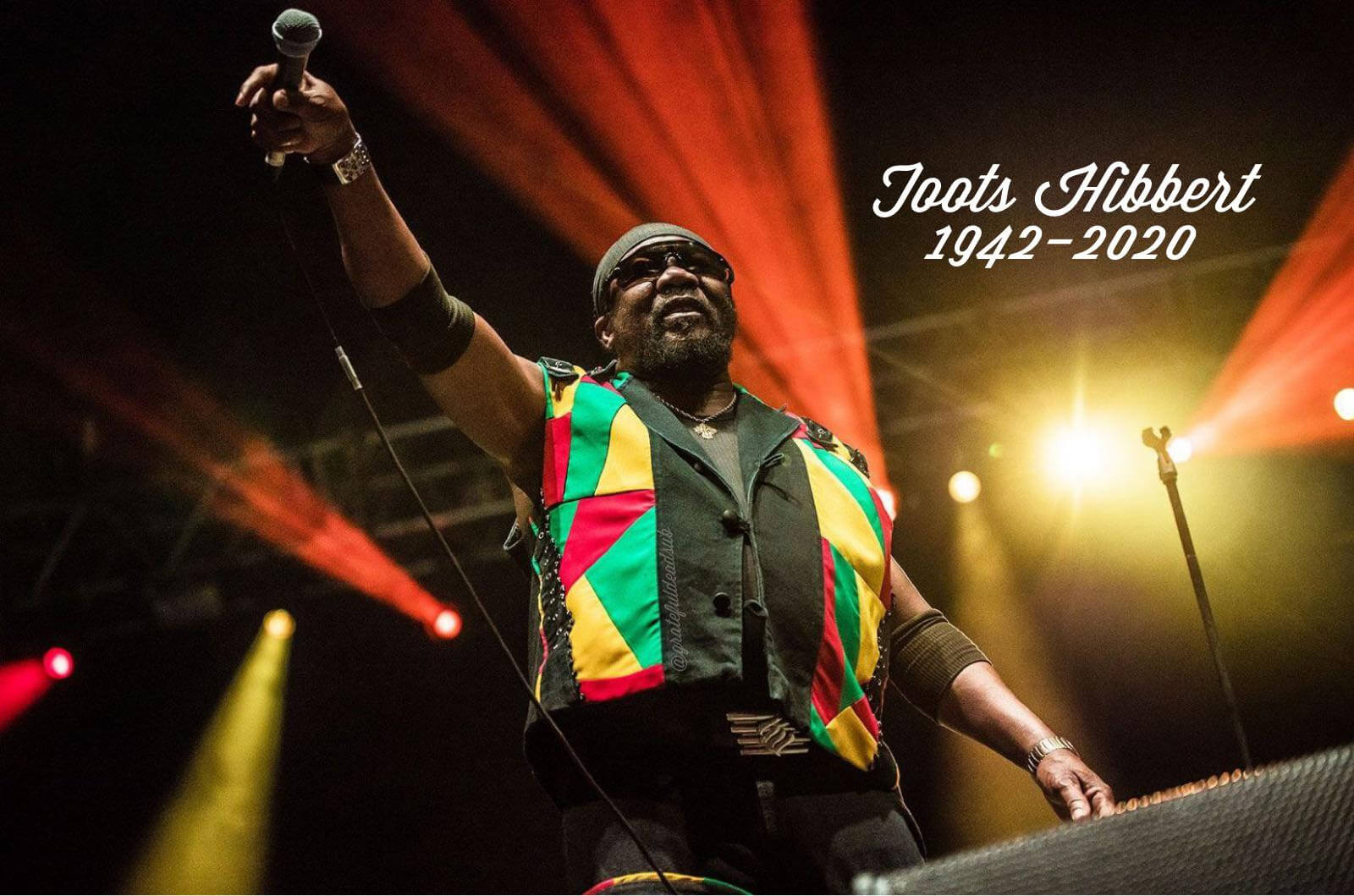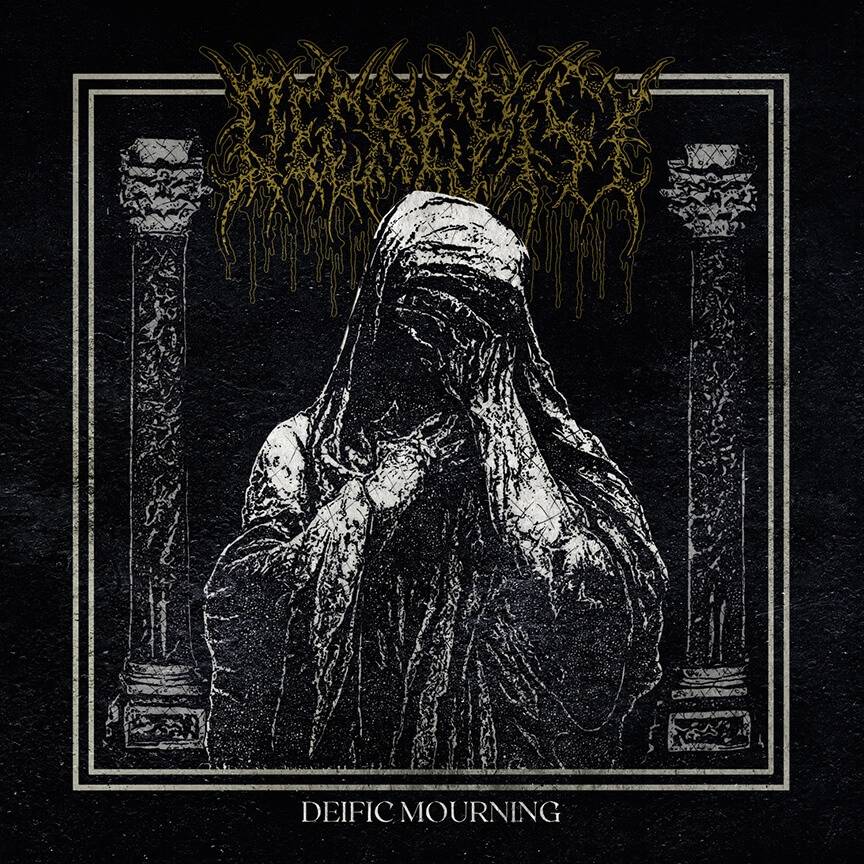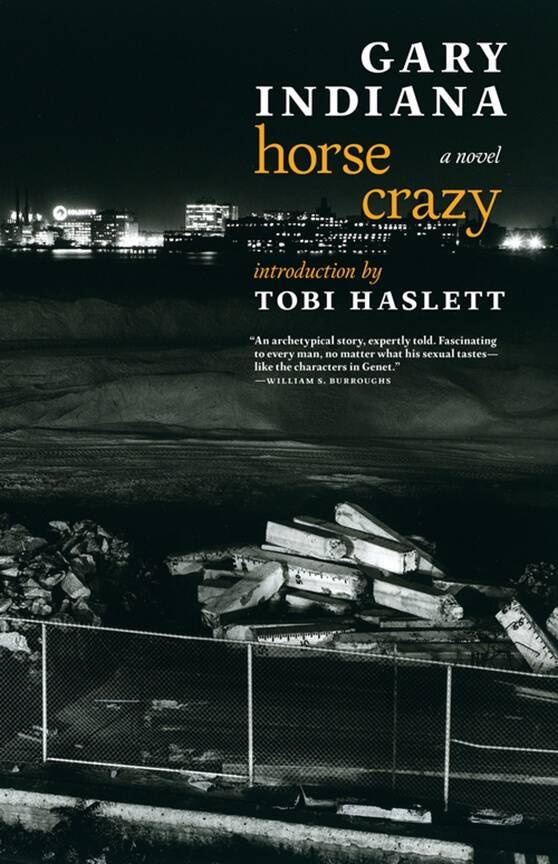54-46 was Toots Hibbert’s prison number. He sang it out loud on the electrifying track 54-46 That’s My Number (1969), one of a crop of tunes that made Toots and the Maytals a household name on the island of Jamaica and soon thereafter in a lot of other places too. Toots Hibbert, the reggae singer, passed away on September 11 of this year. He had 77 years. He died from the COVID.
While Bob Marley might have been the international human symbol of reggae, Toots was regarded as its Otis Redding. He in fact coined the word “reggae” to introduce his music and that of the Wailers, the Heptones, Desmond Dekker and Jimmy Cliff to the rest of the world. He wrote a song called “Do the Reggay.” He later explained, “In Jamaica, we had a slang. If we’re not looking so good, if we’re looking raggedy, we’d call it streggae. That’s where I took it from.”
Toots Hibbert bore a remarkable resemblance to another West Indian legend, the cricketer and captain of the national team in the 80s and 90s, Vivian Richards. Viv’s nickname was Smokin’ Joe because he in turn looked a lot like the heavyweight boxing champ Joe Frazier, Philadelphia’s own favorite son. Viv Richards was also called the Master Blaster due to his prowess with the cricket bat. So Toots was in good company. Toots was his own Master Blaster. He could take the punches and meted out many himself. He had jabs and left hooks that nobody else could see coming.
My friend Christian wrote this on his social media site this morning: “No comparison. Toots Hibbert. One of the originators of reggae, pioneer of what would be that mythical sound of ’69, a godfather to 2Tone, fav(s) of the punks, contributor to a soundtrack for rebellion (The Harder They Come), icon for rudies, skins and punks for decades upon decades. Part of that wave of inspiration for millions of black youth from Kingston to Brixton and beyond, giving voice to the toughness, frustrations, and oppression they faced, but also, joys of life and hope and optimism for something better. It really is near impossible to overstate the impact on music and culture he made. We owe this man and his generation and peers much. Play that Funky Kingston reggae LOUD.” I couldn’t have put it better myself.
In the summer of 1980, I saw Toots and the Maytals perform in Kansas City, Missouri, of all places. I was visiting my pals there. My friend Mark had a surprise up his sleeve. Toots and the Maytals were opening up for a pop reggae band named Third World. “I got us tickets, just for you and me,” Mark chortled. Neither of us cared much for Third World. They were the genre’s equivalent of what Kenny G was to jazz, and they produced a steady stream of pablum radio hits. The Rivers of Babylon was one such irritant. But Toots and the Maytals, well that was another matter all together. Toots could change the waters of the river into red, red wine.
The show was held downtown in one of those old movie houses turned into a concert venue, with the fancy marquee and all of the trimmings. Man let me tell you, Missouri is a relentlessly sweltering spot. No wonder the abolitionist John Brown went to Kansas in the winter. Inside, Toots and the Maytals lived up to the temperature outside. They blew the roof off the joint. Toots, clad in his leather waistcoat, no shirt underneath, did his best Smokin’ Joe impersonation. We were beginning to feel a little sorry for Third World. Fortunately, I had smuggled in a bottle of Irish cough mixture. We didn’t need it for Toots, he was far too mesmerizing. Once he and the Maytals had left the stage, we medicated ourselves literally and liberally. My only memory of Third World was trying to find the bathroom during the long version of The Rivers of Babylon (probably in the midst of the tedious drum solo). Songs about water have that effect on me, not whiskey.
In the obituary about Toots Hibbert today on the BBC website, the journalist wrote that a teenage Toots found work at a barbershop in Kingston. What is it with people from the islands and barbershops? There seems to be an indelible link. Here’s an example. My sister’s ex-partner in London was a real interesting character by the name of Clem Maharaj (RIP). Clem was from the Caribbean. He was a writer, an activist, a former jazz drummer, a not too shabby cricketer, and was well respected in the West Indian ex-pat community in London. He was close mates with Max Roach, John Coltrane’s drummer. Clem was also a rich storyteller. He told me this one. (For more on Clem, here’s a link to an article about him written by my sister, Jenny Morgan https://jennymorganfilmswrites.wordpress.com/2018/12/03/a-small-slice-of-private-life/).
For years, Clem had been going to the same neighborhood barber, let’s call him Al. The haircutter was a dead ringer for Nat King Cole, the crooner. In fact, Al the barber had won the annual Nat King Cole lookalike contest for many years in a row. It was like Rafael Nadal and the French Open tennis tournament. He couldn’t lose. Al had managed to convince himself that he actually was Nat King Cole. He even had a celebrity shot of himself posted up on the mirror at the barbershop. In fancy handwriting at the bottom of the photo were the words. “To Al, the best barber in Notting Hill Gate, good luck and keep on clipping, (signed) Nat King Cole.” Al would take a perverse pleasure in convincing his clientele that he (Al) was Nat King Cole in the photograph and that Nat King Cole was a valued customer. I was reminded of this story when reading about Toots working in the barbershop.
It has been told often enough that the main influence on Bob Marley and the Wailers was the super cool soul sound of Curtis Mayfield and the Impressions. Certainly The Heptones, who spent a number of years in Liverpool, regarded themselves as the Lennon and McCartney of reggae. Toots Hibbert’s contribution was mostly identifiable with US Southern black soul music. It had that muscle, that raw edge, that “on the outside looking in” feel to it. If you don’t believe me, listen to his later 1988 album Toots in Memphis. On this one, he covers old Al Green and Eddie Floyd songs amongst other well-known tunes. Perhaps it was this identification that relegated Toots to the silver medal award, not the gold, which I believe he deserved. Black soul musicians in America had to work extra hard for recognition. There were obstacles at almost every turn. You should all know this, so I don’t have to carry on here.
Finally, Toots Hibbert had a profound effect on others that mattered. It was no mistake that The Clash covered his song Pressure Drop. Toots was playing world music long before that term became popular to the music industry suits and their demographics. And it wasn’t that We are the World nonsense either, or “listen to this stuff, it’s by an actual African from Africa” kind of bourgeois come-ons that made liberal listeners feel more self-righteous or hipper. Toots was an internationalist in the true sense of the word. And you know what they say, “You can take the person out of the ghetto, but you cannot take the ghetto out of the person.” Toots Hibbert will be sorely missed.











2 Comments
Pingback: “Remember What My Number Is” RIP Toots Hibbert - Red Hook Star-Revue - s247.xyz
Third World The Kenny G of Reggae
Big Joke ! Idiot article – and not necessary to say – funny thing cat coore of Third world was the only Musician to perform at Toots funeral yesterday. You are disrespectful journalist